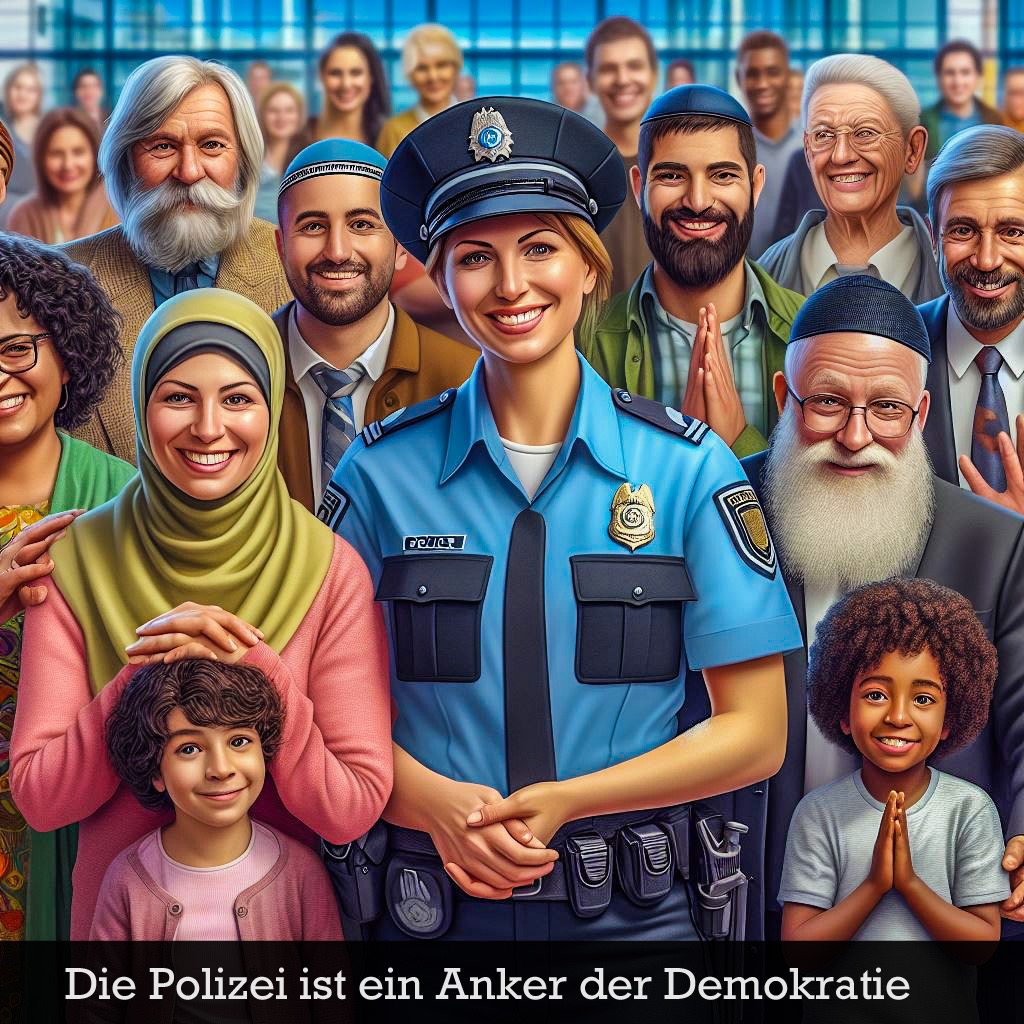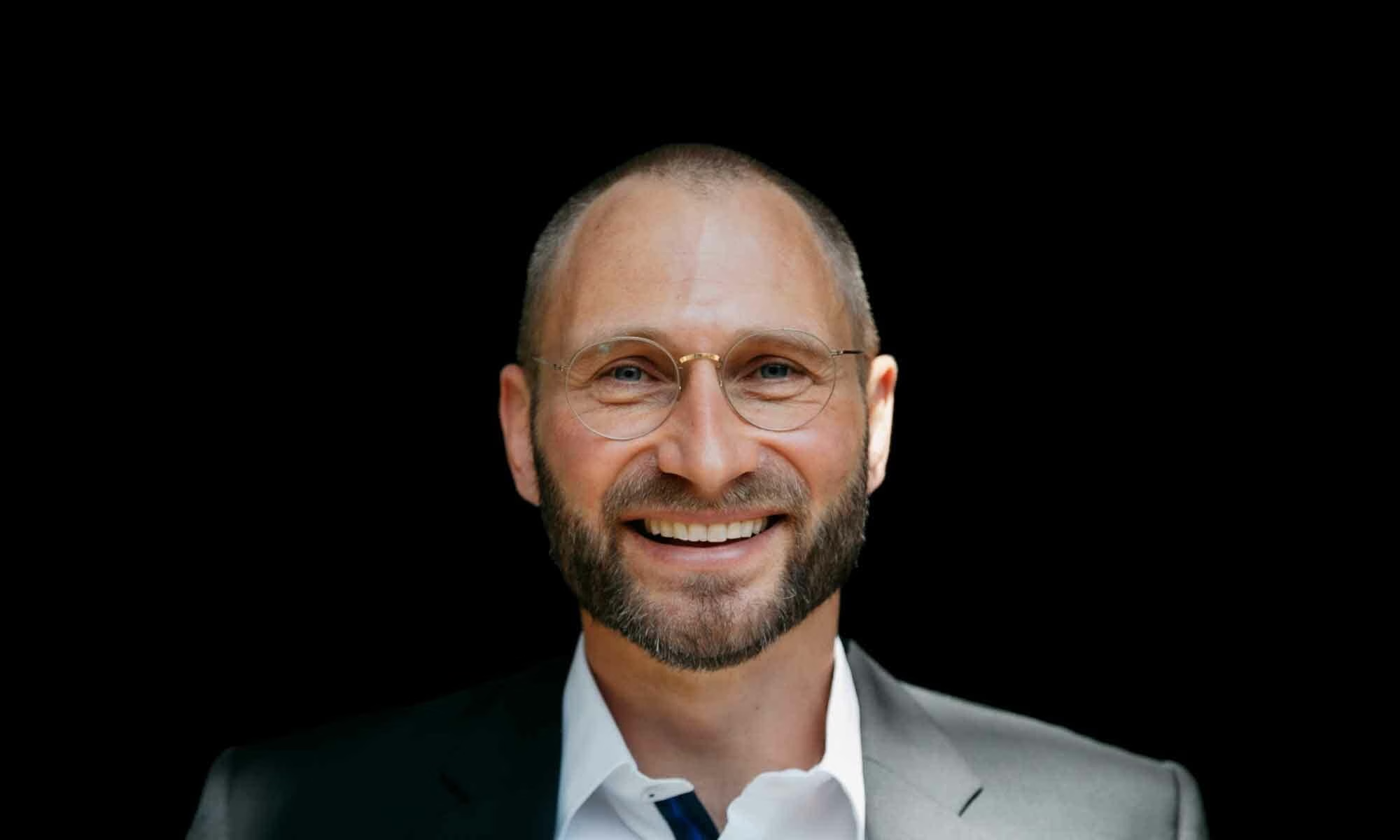
What is the purpose of the police? To guarantee security! In this article I describe why this spontaneous answer is not sufficient as the deepest meaning, as a purpose for "the company" police.
The importance of the meaning of work
Anyone who deals with the topic of leadership generations will sooner or later stumble across the buzzwords "purpose" or "meaning of work". Generation Y (born between 1980 and 1995) was not only the successor to Generation X, it also had the nickname "Why" (derived from the pronunciation of the letter in English). And this name "Why" came from the fact that this generation often asked why, i.e. the meaning of an activity, at work. The experience of meaningfulness in work was particularly important to them.
Leaving aside the vagueness of the generational concept and the empirical difficulty of proving that a certain generation suddenly produces diametrically different needs, research since the 1970s has shown how motivating it is to recognize the deeper meaning of one's work. And this sense of purpose is also particularly important for Generation Z. An employer with an attractive "purpose" is also an attractive employer - for all generations. However, it is questionable whether "we" as a police force have really thought our purpose through to the end, defined it and, above all, publicized it.
I travel a lot around the German-speaking world with my presentations on Generation Z, visiting many police forces as well as companies and non-profit organizations. One thing is clear in the police authorities: some have taken up the cause of value-oriented leadership and have developed really great value concepts. Unfortunately, some have not yet done so, although this is particularly important for the younger (and older) generation. Because with the right and contemporary values, you can identify and argue with them - and not only "downwards", but also "upwards". Everyone in the organization must adhere to these values!
The Golden Circle
A conceptual starting point for this article is Simon Sinek's "Golden Circle", with which the Why = why? How = how? What = what? of a company. In his book "Start with Why", he describes how successful organizations consistently base their actions on their "Why" and his approach has had a lasting impact on the way we think about leadership.
The purpose of the police
And that brings me to the crux of the matter: when I ask about the "purpose", the "why", i.e. what the point of police work actually is, I usually get the answer: "Well, that's quite simple: we ensure safety!" But to be honest, I think that's too short-sighted. The police forces in Russia, Belarus and North Korea also ensure security. That can't be our ultimate, deepest "corporate purpose". That's why we should think more intensively about what our deepest brand essence is, which also shapes what we do and how we do it.
I therefore define our purpose (that of the police) much more broadly than "just" ensuring security: we are an anchor of democracy in our society: that is our deepest, ultimate corporate purpose. And one of the ways we create this anchor is by ensuring security. But we also guarantee the freedom of our citizens. By living democratic principles such as transparency and accountability. By protecting fundamental rights.
Values
The next level is the "how". How do we want to achieve our goals and thus fulfill our purpose? This is where the values come into play: for example, through respect, professionalism, collegiality, helpfulness, appreciation, trust and reliability (values of the Hesse police force). Or openness, transparency, responsibility, trust and appreciation (BMW's corporate values). These are all values that I find very appropriate in our context, and I would add humanity and bravery to them.
What we do
The next layer of the Golden Circle is the "what". What do we do to achieve our goals and thus our purpose?
This is where security comes into play, which we guarantee. But we also ensure that people can live in freedom. We protect fundamental rights and, for example, freedom of opinion and freedom of assembly, no matter how abstruse the expression of opinion may seem, as long as it is (still) based on the free and democratic basic order. We make our work transparent, explain our actions and are accountable - whether to the public, the media, the courts, data protection officers, the Court of Auditors or other public or private institutions with legitimate interests. This is also democracy in action. It may be exhausting at times, but as Winston Churchill said: "Democracy is the worst of all forms of government, except for all the others."
And so now to another important point, the determination of "what" we do to achieve our purpose: We invest in our civil servants. We invest in education and training, we strengthen the democratic resilience of our employees. In addition to investing in education, this also includes investing in socio-emotional care, professional debriefing and opportunities for reflection.
Conclusion
The triad of "why", "how" and "what" can help to explain the necessity of some actions in such reflections: We sometimes write our fingers to the bone with reports because we live in a constitutional state that has rules, that has justifiably high requirements for proof of facts. We always answer complaints from citizens, even if they are sometimes unfounded, we are active on social media and can be contacted 24 hours a day because we are a transparent police force for our citizens. We attach particular importance to ensuring that our employees have both feet firmly on the ground of the Basic Law, which is why we invest so much in high-quality training and further education.
You can also make it clear why it is important how we talk to and about people. Why it makes a huge difference whether a non-police officer shares a tasteless joke in a private chat group or whether it is shared by police officers in a police-related chat group. Because if we want to be an anchor of democracy, we have to live its principles, be a role model - and the inviolability of human dignity must therefore always be our top priority.
Considering what the deepest, most original "corporate purpose" is that justifies the company's existence is therefore of particular importance and is essential in the context of organizational values in order to argue the meaningfulness of decisions and requirements. And what better purpose could there be that "picks people up", that can serve as a guiding principle and point of orientation for the moral compass, than to see ourselves as an anchor of democracy in our society.

